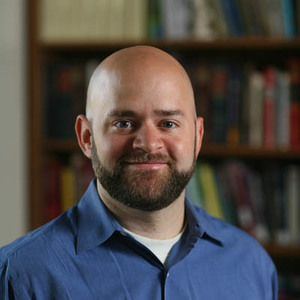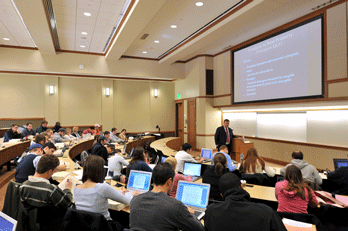Ethics
Catholic Church Teachings

Catholic teaching respects the dignity and the equal moral worth of every human person. This view has consistently rejected research that destroys the life of some in order enhance the life of others. The Church affirms the position of modern embryology that the human embryo is a living, complete, whole, integrated, self-directing member of the human species who will, if given the proper environment, move itself along a trajectory of development to the next mature stage.
Because of this position, the Catholic Church opposes research involving human embryonic stem cells, which require the destruction of the human embryo during their isolation. In contrast, the Church has championed adult stem cell research, which does not involve human embryonic stem cells. Additionally, the recent breakthrough to reprogram somatic cells into embryonic-like induced pluripotent stem (iPS) cells has further diminished the need to utilize human embryonic stem cells for research and medical therapies. As the U.S. Conference of Catholic Bishops declared: “Clearly, the Church favors ethically acceptable stem cell research. It opposes destroying some human lives now, on the pretext that this may possibly help other lives in the future. We must respect life at all times, especially when our goal is to save lives.”
At the same time, in the “Instruction Dignitas Personae on Certain Bioethical Questions” the Congregation for the Doctrine of the Faith declared, “The Church therefore views scientific research with hope and desires that many Christians will dedicate themselves to the progress of biomedicine and will bear witness to their faith in this field…Research initiatives involving the use of adult stem cells, since they do not present ethical problems, should be encouraged and supported.”

Notre Dame is uniquely situated to take up this charge by exploring cutting-edge research involving both adult stem cells and iPS cells that do not require the use and destruction of human beings at any stage of development, for the sake of the common good. In addition, there are many researchers who believe that adult stem cells and iPS cells may provide a greater benefit for the development of therapies for debilitating human diseases than human embryonic stem cells. In this way, the Center for Stem Cells and Regenerative Medicine bears witness to the proposition that commitment to excellence in science and respect for the dignity of the human person are both indispensable.